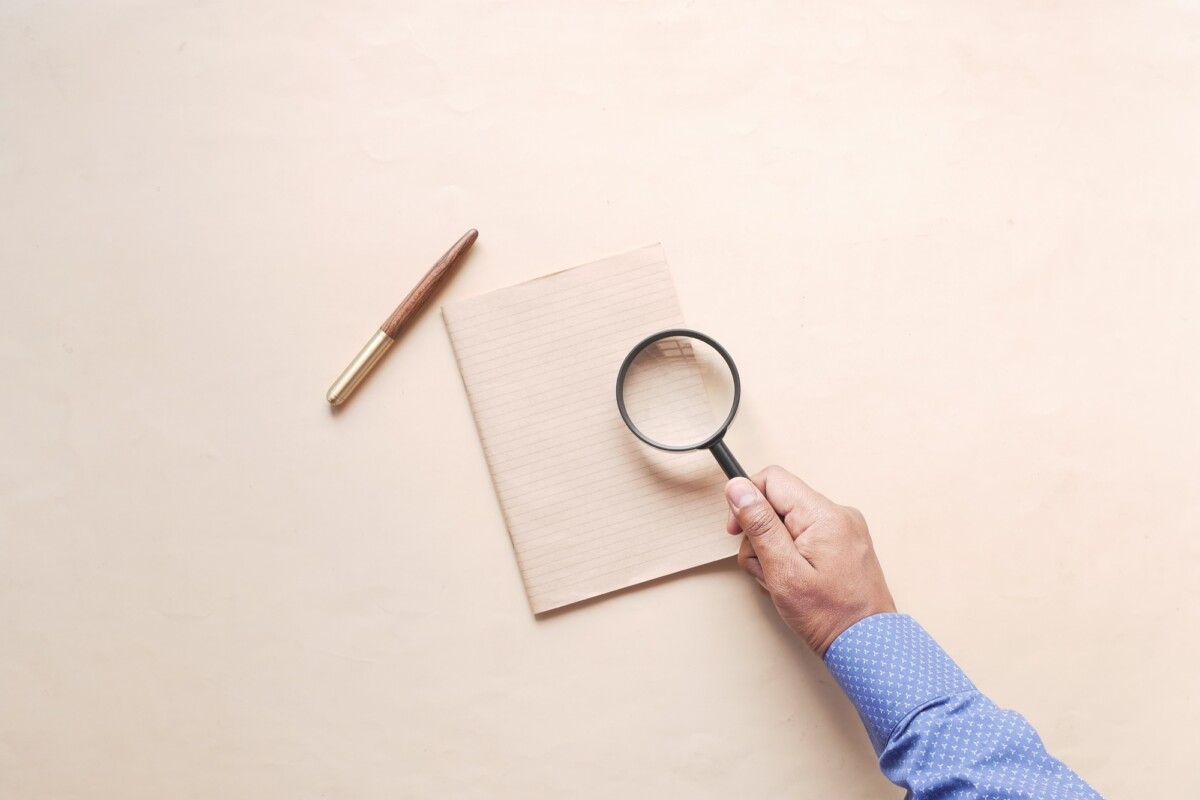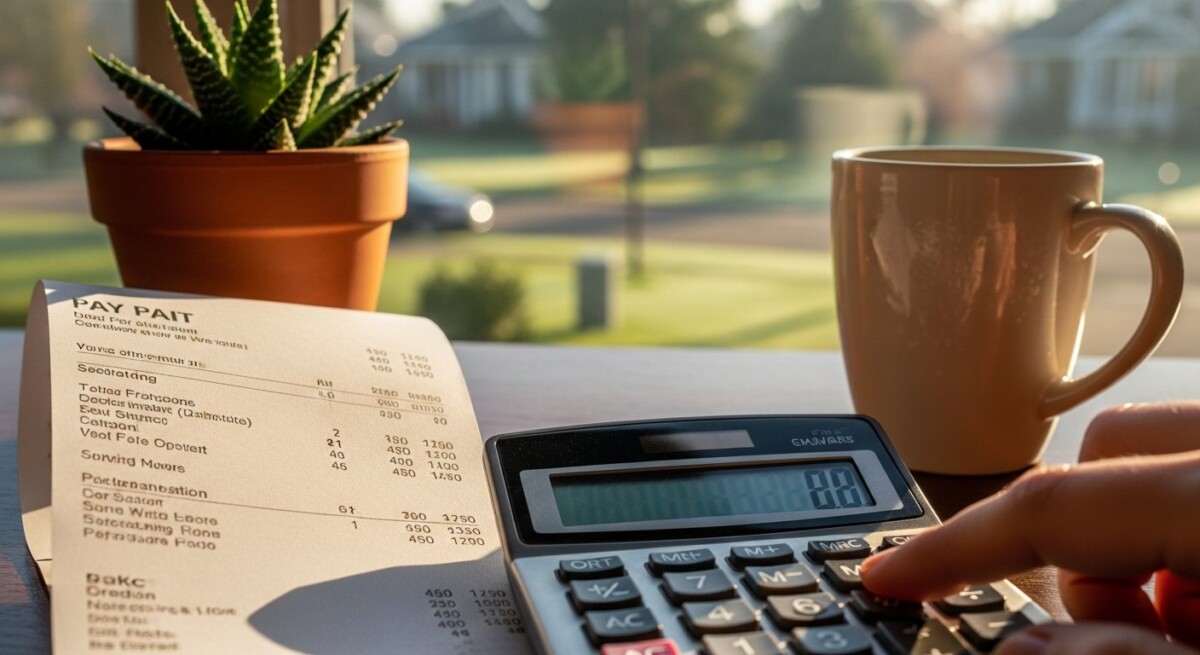Can I Keep Any of My Possessions After Filing Bankruptcy

Filing for bankruptcy can feel overwhelming, especially when you’re unsure what happens to your belongings. A common question is, Can I keep any of my possessions after filing bankruptcy? Fortunately, bankruptcy exemptions protect certain assets, preventing total loss. Understanding these exemptions helps navigate the process confidently.
Exemptions vary by state and bankruptcy chapter but generally shield essential items from creditors. They maintain your basic standard of living while offering financial relief. Here’s what you need to know:
Common Protected Assets
- Homestead Exemption: Protects home equity (often with value limits)
- Vehicle Exemption: Safeguards a car (typically with equity caps)
- Personal Property: Covers clothing, furniture, and household items
- Retirement Accounts: 401(k)s and IRAs are usually protected
- Tools of the Trade: Work-related equipment may be exempt
Chapter 7 vs. Chapter 13 Exemptions
In Chapter 7, exemptions determine which assets you keep—non-exempt property may be sold. Chapter 13 uses exemptions to calculate repayment plans while letting you retain possessions. Always consult an attorney for state-specific rules.
State vs. Federal Exemptions
Some states require using their exemptions; others let you choose between state and federal lists. Federal exemptions often benefit homesteads, while state rules may better protect vehicles or personal property.
Strategic Exemption Use
- Double Exemptions: Married couples filing jointly may double protections
- Wildcard Exemptions: Some states allow protecting any asset up to a set value
- Proper Valuation: Accurately assessing asset values prevents exceeding limits
Non-Exempt Property Outcomes
Unprotected assets may be sold by trustees, but most filers keep essentials thanks to exemptions. A bankruptcy lawyer can help strategize to minimize losses. Knowing exemption rules ensures informed decisions and financial peace of mind.
Wondering If You Can Keep Your Possessions After Bankruptcy?
Get clear answers tailored to your situation.
Request Your Free Quote Now
Can You Protect Luxury Items When Filing Bankruptcy?
Filing for bankruptcy can be stressful, especially when wondering Can I keep any of my possessions after filing bankruptcy? The good news: bankruptcy laws often allow protecting certain assets, including some luxury items, depending on your situation and state exemptions.
Can You Protect Luxury Items When Filing Bankruptcy?
Understanding Bankruptcy Exemptions
Exemption laws vary by state and typically protect essentials (clothing, basic furniture) and some home/car equity. Luxury items (jewelry, art, electronics) may only qualify under specific exemption categories or wildcard provisions.
Key Protection Strategies
- Research exemption laws: Compare state vs. federal options (where allowed) for better luxury item protection
- Chapter 13 bankruptcy: Allows keeping assets through structured repayment plans
- Negotiation: Trustees may accept payments for non-exempt items
- Asset conversion: Selling luxuries to purchase exempt necessities
Risk Factors for Luxury Items
Items exceeding exemption limits (designer watches, collectibles) may be liquidated. Some states offer special protections (e.g., “tools of trade” for work equipment). Always consult a bankruptcy attorney for case-specific advice.
Proactive Planning Tips
- Document all possessions and values
- Research state/federal exemption differences
- Consider timing of asset transactions
- Explore Chapter 13 if retaining non-exempt items is crucial While bankruptcy provides financial relief, protecting valuables requires strategy. Understanding exemptions and legal options helps answer Can I keep any of my possessions after filing bankruptcy? while preserving important assets.
Filing Bankruptcy? Know What You Can Keep
Don’t lose valuable possessions unnecessarily.
Get a Quote and Expert Guidance Today
How Does Chapter 7 vs. Chapter 13 Affect What You Keep?
Filing for bankruptcy raises important questions about asset protection, particularly Can I keep any of my possessions after filing bankruptcy? The answer varies between Chapter 7 (liquidation) and Chapter 13 (repayment), each with distinct rules. Understanding these differences helps safeguard your belongings and plan your financial recovery.
Chapter 7 Bankruptcy: Exemptions Protect Essentials
Chapter 7 may liquidate non-exempt assets, but exemptions shield critical items like:
- Basic household goods (furniture, clothing)
- Primary vehicles (within value limits)
- Work tools and retirement accounts Exemption thresholds differ by state—consulting an attorney ensures you maximize protections.
Chapter 13 Bankruptcy: Keep Assets Through Repayment
This structured 3–5 year plan lets you retain possessions, including non-exempt items, by:
- Paying creditors through court-approved installments
- Adjusting payments based on income and asset values Ideal for filers with valuable property they wish to preserve.
Key Considerations for Your Decision
- Chapter 7: Best if most assets are exempt; faster debt discharge.
- Chapter 13: Preferred for retaining non-exempt property; requires stable income. Professional guidance tailors the choice to your situation.
Exempt vs. Non-Exempt Assets: What’s Protected?
Exemptions typically cover:
- Homestead equity (state-specific caps)
- Sentimental items (e.g., heirlooms)
- Public assistance funds Non-exempt assets (luxury goods, vacation homes) face liquidation or higher repayment terms.
State Laws Shape Your Protections
Examples:
- Texas: Broad homestead exemptions shield primary homes.
- California: Dual exemption systems offer flexibility. Always research local rules or seek legal advice to optimize outcomes.
Protect Your Belongings During Bankruptcy
Learn which possessions are exempt and how to keep them.
Get a Personalized Legal Consultation
Need Help Navigating Bankruptcy Exemptions? LegalCaseReview Has Your Back
Filing for bankruptcy can be stressful, especially when worrying about losing possessions. A common concern is: Can I keep any of my possessions after filing bankruptcy? Fortunately, bankruptcy exemptions protect essential assets, allowing you to retain certain property. These exemptions vary by state and bankruptcy type (Chapter 7 or 13), making it crucial to understand your rights before filing.
Key Bankruptcy Exemptions
Exemptions safeguard critical assets, including:
- Homestead Exemption: Protects equity in your primary home
- Vehicle Exemption: Preserves a portion of your car’s value
- Personal Property: Covers clothing, furniture, and household items
- Wildcard Exemption: Can be applied to any asset of your choosing
State vs. Federal Exemptions
Exemption rules differ significantly by jurisdiction:
- Some states require using their exemptions, while others let you choose federal ones
- Protection levels vary (e.g., home equity limits, vehicle value caps)
- Federal exemptions often include flexible wildcard options
Protecting Your Assets: 3 Crucial Steps
- Inventory Everything: Document all possessions before filing
- Research Thoroughly: Understand your state’s exemption laws
- File Accurately: Properly apply exemptions in your paperwork
Why Expert Help Is Essential
Bankruptcy exemptions are complex, and mistakes can be costly. We provide expert guidance to help you:
- Maximize protected assets
- Navigate state-specific rules
- Avoid common filing errors With professional support, you can safeguard your most important possessions while achieving financial relief.
Need Help Understanding Bankruptcy Exemptions?
Speak with a legal expert to protect your possessions.
Get Your Free Quote Here
Frequently Asked Questions (FAQs)
Can I keep any of my possessions after filing bankruptcy?
Yes. Bankruptcy laws allow you to keep certain possessions that are protected by exemptions. These exemptions vary by state and bankruptcy chapter but typically include essentials like clothing, household items, tools, and sometimes a vehicle or home equity.
What are bankruptcy exemptions?
Exemptions are legal protections that let you keep property up to a certain value. They are designed to ensure you can maintain a basic standard of living while discharging debts.
Which possessions are usually exempt?
Common exempt items include:
-
Personal clothing and jewelry (up to a certain value)
-
Household goods and furniture
-
Tools of your trade or profession
-
A vehicle up to a certain equity limit
-
Equity in your home (homestead exemption)
-
Retirement accounts and some life insurance policies
Will I lose luxury or non-essential items?
Non-essential or luxury items that exceed exemption limits may be sold by the bankruptcy trustee to pay creditors in Chapter 7 cases. In Chapter 13, you typically keep your possessions but repay debts over time.
How do I know what exemptions apply to me?
Exemptions depend on your state’s laws and the type of bankruptcy you file. Consulting with a bankruptcy attorney can help you understand your specific exemptions.
Can I protect more possessions by choosing a specific bankruptcy chapter?
Yes. Chapter 13 often allows you to keep more property by repaying creditors through a repayment plan, while Chapter 7 may require liquidation of non-exempt assets.
Should I consult a lawyer before filing bankruptcy to protect my possessions?
Absolutely. A qualified attorney can help you identify exemptions, organize your assets, and guide you through the process to maximize what you keep.
How can I get started with bankruptcy help?
You can get a free, no-obligation quote and consultation with a legal expert to discuss your possessions and options.
Get Your Free Quote Today


